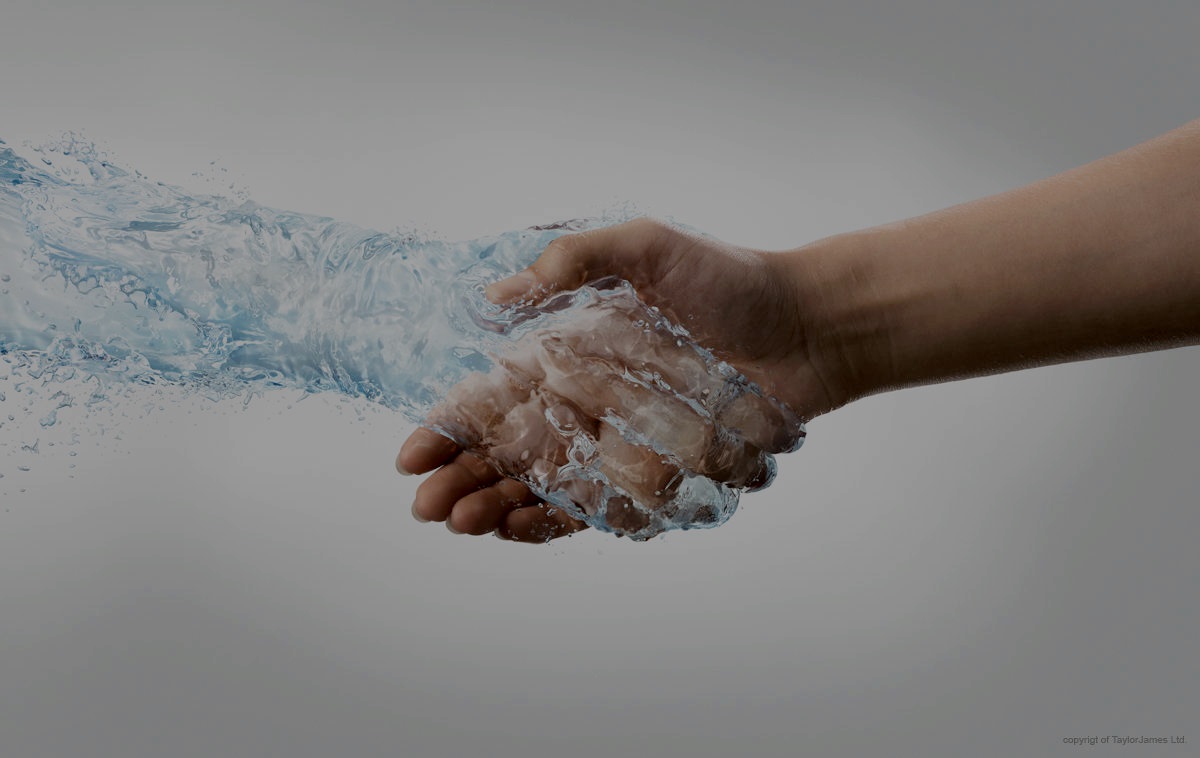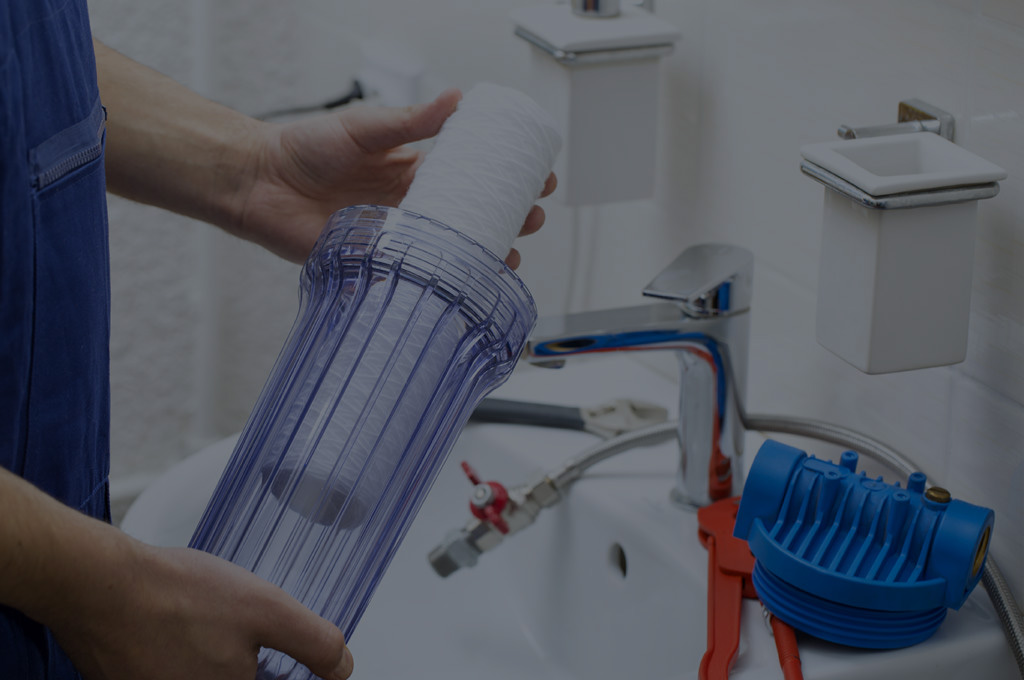Food Prepared with Filtered Water is Much More Delicious and Healthier
There are many excellent reasons for using filtrated water in food preparation, cooking, and baking. Preparing food with filtrated water not only improves the taste of the food, but also its safety, nutrition, and appearance. Because filtrated water is such an excellent solvent, it should be used for washing fruits, vegetables, and other foods that need washing.
Better Ice Cubes
There is a very noticeable difference in the ice cubes made from filtrated water. Not only they are more clear and shiny due to the absence of impurities in the ice, but they are also harder. Filtrated water is frozen more quickly than tap water, because the impurities in tap water lower the freezing point of the water.
Tastier and More Economical Fruit & Vegetable Juices
In reconstituting any concentrated drinks with filtrated water, such as concentrated orange juice, grapefruit juice, grape juice, or tomato juice, you will notice a definite improvement in the taste. It tastes much closer to the fresh product. It is also possible to stretch the volume of your finished drink if filtrated water is used to reconstitute. Normally, you can add about 25 percent more water and still end up with a very satisfactory blend. Because the filtrated water is free of chlorine, there is no interaction with the chlorine and the vitamin C. Vitamin C is partially counteracted by the presence of chlorine in tap water which is frequently used to reconstitute concentrates.
Better Coffee and Tea
Using filtrated water to make coffee or tea also requires less coffee grounds and tea leaves than tap water than when making these beverages with tap water. Ordinarily you can cut back the amount of coffee grounds or tea leaves to make these drinks by approximately one-third. There will be a somewhat lighter color, but just as rich a flavor when using filtrated water for these beverages; in fact, a much less bitter taste. Using filtrated water in these beverages is a simple way for the homemaker or restaurant owner to save approximately one-third on the cost of these drinks; and, there will be no ugly film on the surface of the coffee or tea which sometimes occurs with tap water.
Cooking Vegetables
There is also noticeable improvement in the use of filtrated water in the cooking of potatoes and other fresh vegetables. There is virtually no discoloration in potatoes and naturally you are not introducing contaminants into the food. All fresh vegetables such as broccoli, asparagus, cauliflower, and so on should also be cooked or steamed in filtrated water. Soups that call for water will be safer made with pure, filtrated water. You will find that filtrated water will come to a boil at a slightly lower temperature than tap water. In addition to saving a little time, there is a slight savings in energy costs.
Promotes Sprouting of Seeds
Filtrated water is excellent for sprouting seeds such as alfalfa, beans, and other seeds. Not only will one achieve a higher percentage of germination, but germination will occur sooner. The sprouts will grow free of contamination found in most tap water. They will also retain their crispness and freshness for a longer period of time.
Baking with Filtrated Water
Because filtrated water is able to absorb slightly more flour than tap water into a batter, the texture will be smoother when baked. The baked product will also be free of contaminants that could alter flavor. Examples of baked goods that would be improved with the use of filtrated water include pastries of all kinds, pancakes, breads, pizza dough, etc.
Canning
Filtrated water is excellent to use in canning. Not only do fruits and vegetables retain a more natural color, but their flavor is better. Housewives have reported more success in the sealing of jars and a much lower spoilage rate, because the water is sterile.
Pasta Products
Another application of filtrated water is the cooking of pasta, macaroni, noodles, rice, and other similar types of food. These foods will absorb more filtrated water than tap water. This gives these foods a fuller texture and flavor and there is less tendency for them to cling together.
Reconstituting Dehydrated Foods
Naturally, if one is reconstituting dehydrated food, filtrated water would be the liquid of choice, since only pure water was removed in the process of dehydrating food. Certainly, it should be replaced with pure filtrated water. This would also include the reconstituting of prunes, raisins, and other types of dried fruits. Better reconstituting of the dehydrated food will occur as a result of greater absorption of filtrated water than tap water. Jello made with filtrated water is easier to remove from molds and really glimmers.
Mixed Drinks
Even mixed drinks are better when prepared with filtrated water as the mixer. Less alcohol can be used in such cocktails to achieve the same flavor. Chlorinated tap water can react with alcohol to form dangerous by-products Also, the color will be drastically lighter if the tap water normally used has iron in it.
For the preparation of most delicious food with filtered water you can find more about our water filtration systems in Products Section!







